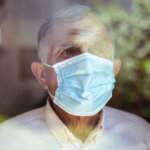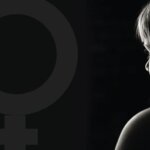In a new German study published in PLOS One, healthcare professionals did no better than students at spotting false news stories pertaining to the COVID-19 pandemic.
From the journal report: “Our main findings are: (i) Healthcare professionals perform similar to students in correctly distinguishing between true and false news stories.”
It continues by stating: “(ii) The propensity to engage in analytical thinking and actively open-minded thinking is positively associated with the ability to distinguish between true and false. (iii) We find that the residence of the subjects (East- or West-Germany) plays only a minor role. (iv) If news stories are in line with existing narratives, subjects tend to think that the stories are true.”
The findings arose at a time when the Director-General of the World Health Organization had declared an “infodemic” given the scope of information exchanging on social media pertaining to the COVID-19 pandemic.
“Our study shows that individuals are vulnerable to false news information, regardless of their level of education and expertise. In this realm, narratives seem to matter: communication of the mass media influences people’s perception of the state of the world,” researchers concluded in their report.


